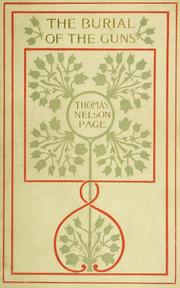I've been particularly enjoying Alan Moorehead's The Desert War. He gives an excellent overview of the campaigns and his easy style, combining personal observations with broader commentary, makes for an engrossing read. He has a couple of standout passages on the effect of war upon the men. See this, for example, regarding life at the front:
One lived there exactly and economically and straightly, depending greatly on one's companions in a world that was all black or white, or perhaps death instead of living. Most of the things it takes you a long time to do in peace-time--to shave and get up in the morning, for example--are done with marvellous skill and economy of effort at the front. Little things like an unexpected drink become great pleasures, and other things which one might have thought important become suddenly irrelevant or foolish. In a hunter's or a killer's world there are sleep and food and warmth and the chase and the memory of women and not much else. Emotions are reduced to anger and fear and perhaps a few other things, but mostly anger and fear, tempered sometimes with a little gratitude. If a man offers you a drink in a city bar, the offering is little and the drink still less. You appreciate the offering and give it more importance that the drink. At the front the drink is everything and the offering merely a mechanical thing. It is never a gesture, but a straight practical move as part of a a scheme of giving and receiving. The soldier gives if he can and receives if he can't. There is no other way to live. A pity this is apparent and imperative only in the neighbourhood of death. (p.92)
An ebook I have on the go for the first time is Les Miserables. I'd always associated it with high school musicals (which right from my first exposure to them I've always found very annoying), but it's actually quite good.
Rosemary Sutcliff's Arthurian trilogy is another I've been dipping into when I have a spare ten minutes. I got it to read to the kids, but it's a bit beyond them yet. You tend to think of RS as a young person's author, but her books have a lot going on in them. It makes her more valuable in that people just don't write like she does anymore. There is a dignity to the pacing of her stories but she can pull out some marvellous imagery and action sequences when she has a mind to. I must keep an eye out for more of her books when I'm browsing second hand stores back in New Zealand next.
One other I'll mention before I sign off is a collection of short stories called The Burial of the Guns by Thomas Nelson Page. The stories are set in the American South, mainly during or after the Civil War, and although the stories are sentimental they are well crafted and worth reading through. Again, he writes in a style that you don't see these days. As a bonus, the book is available free from the internet archive, as is an audiobook version of the title story.
 |
| Cover image from here. |
 |
| Cover image from here. |










